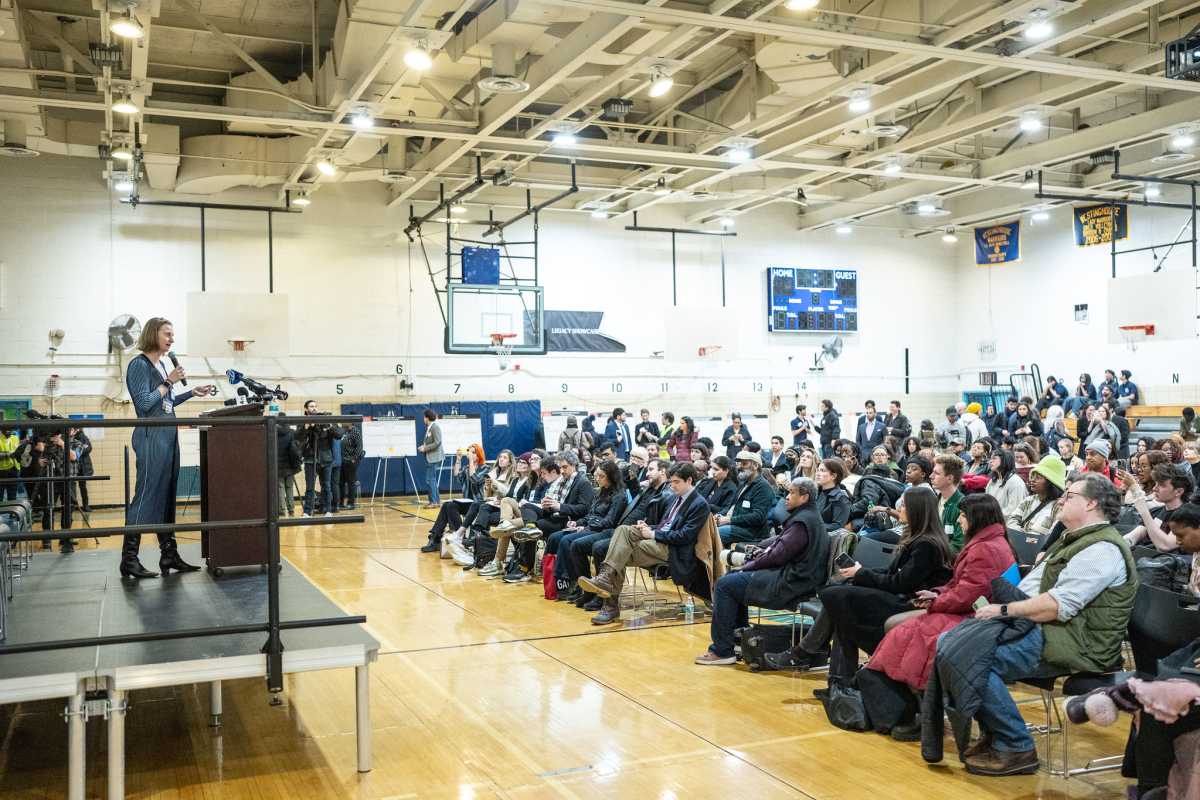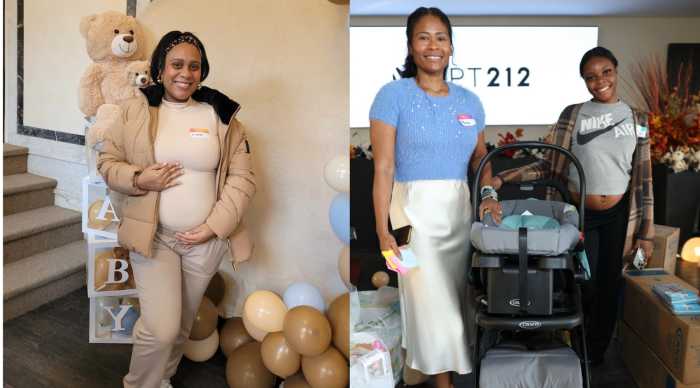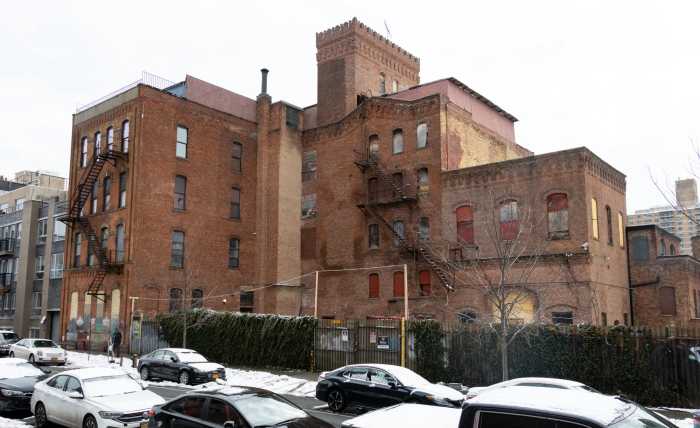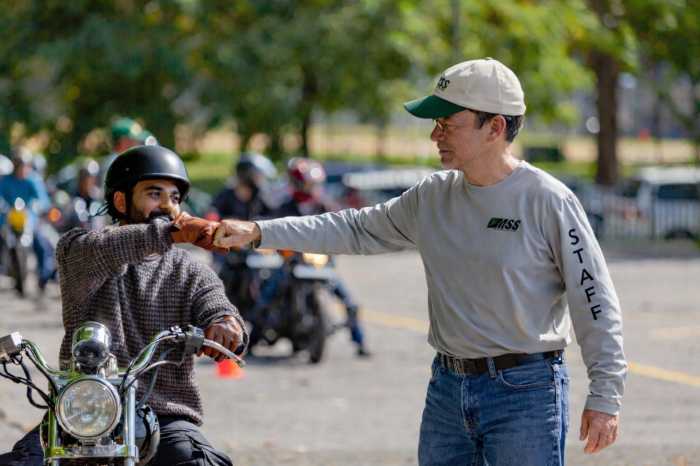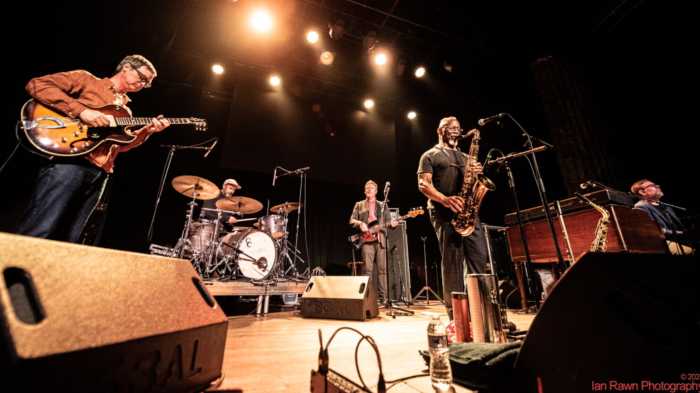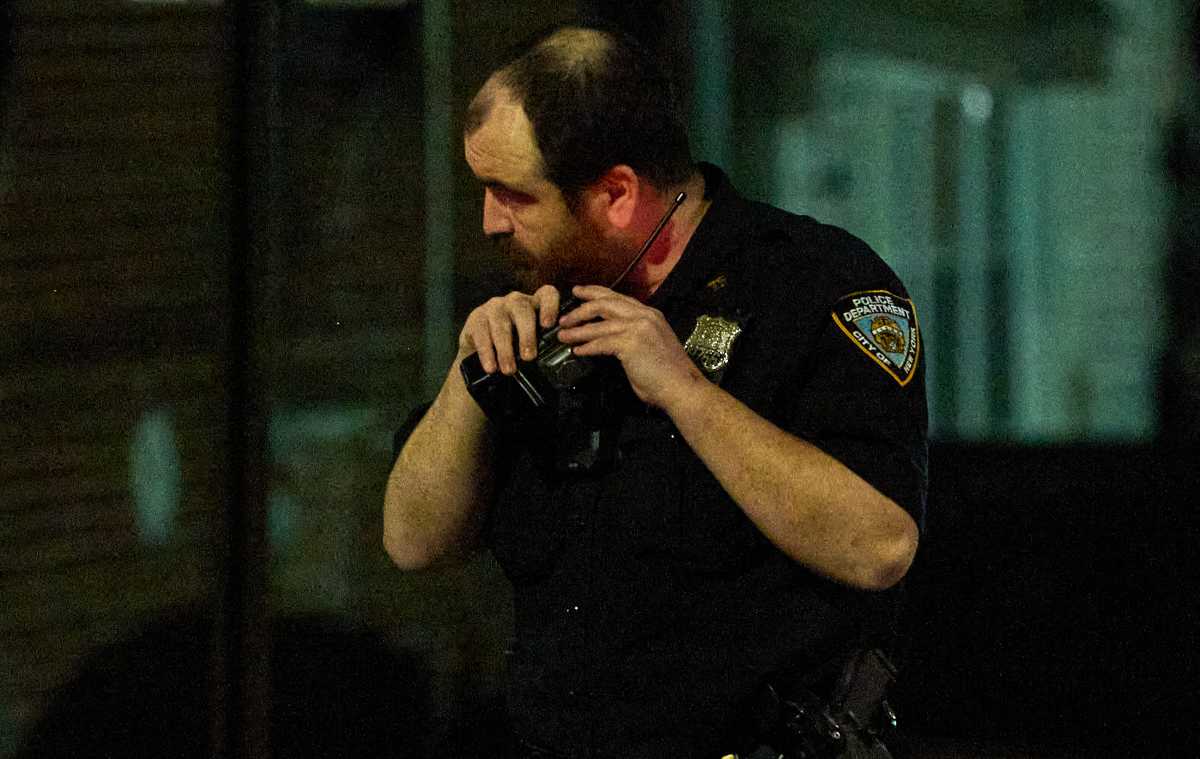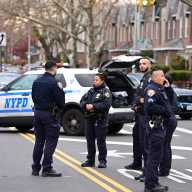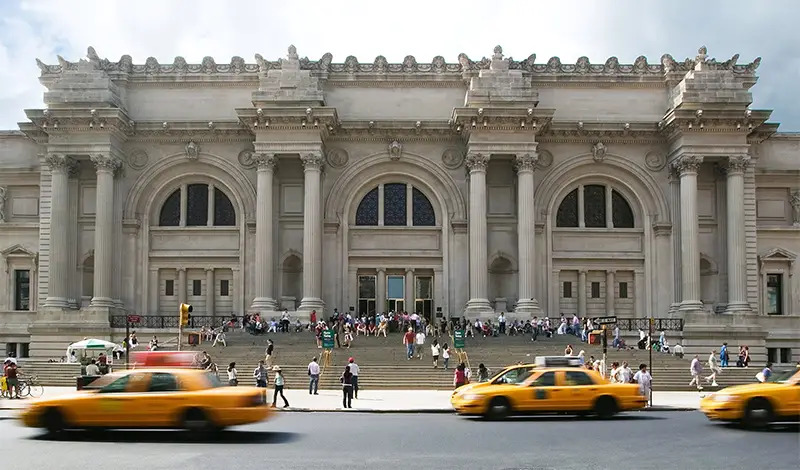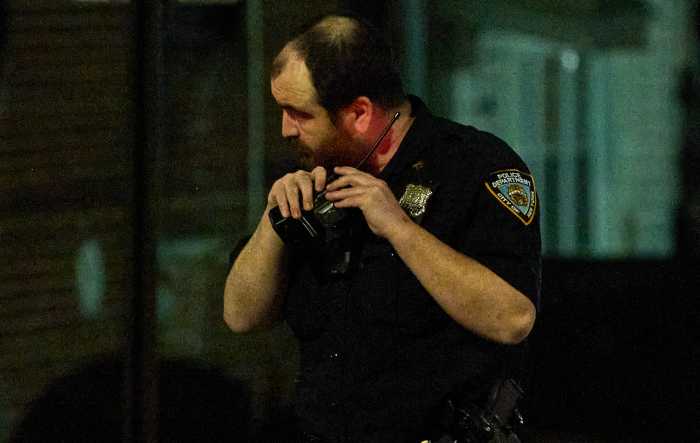A production of Shakespeare’s “Macbeth” will replace a hip-hop festival next summer in a DUMBO venue controlled by the Brooklyn Bridge Park Conservancy — and organizers of the rap show believe that race played a role.
The Brooklyn Hip-Hop Festival — which brought thousands of people and big-name rappers to the park-and-condo waterfront development site in 2006 and 2007 — had already scheduled its 2008 production for the weekend of June 22.
But organizers were shocked last month to discover that the Brooklyn Bridge Park Conservancy had given those days to St. Ann’s Warehouse to stage a Polish rendition of that Scottish play.
Festival organizers believe the move was racially motivated.
“Hip hop brings a lot more brown people to this neighborhood, and people who live here are not comfortable with it,” said Wes Jackson, whose Room Service Production founded the festival in 2005.
“[People have told me that residents say], ‘The festival should be in Commodore Barry Park between the projects and the BQE, not next to my $2.5-million condo.’”
Whether racially motivated or not, the rejection of the hip-hop festival sounds very much like the scenario long imagined by critics of Brooklyn Bridge Park, where condo and commercial development will finance greenspace along a 1.3-mile stretch from DUMBO to the foot of Atlantic Avenue. Opponents believe that public events will not be public at all, but subject to the whims of the wealthy condo-dwellers whose maintenance fees will pay for the park’s upkeep.
“What we have feared all along is that the Conservancy, which has received enormous amounts of financial support from Brooklyn Heights residents, will run the park for their benefit and not the benefit of residents of other neighborhoods,” said Roy Sloane, a former president of the Cobble Hill Association.
“[People who live near Brooklyn Bridge Park] want quiet, low-traffic events. And that means Shakespeare over hip hop,” Sloane said.
The Brooklyn Brewery–sponsored music festival started in 2005 and has grown into one of the park’s largest events, with even Borough President Markowitz feeling the rapper’s delight (he “performed” at last year’s festival under the name Marty Mark, rapping, “I’m down with the beat/I’m good-lookin’/I’m fly/And I’m fast on my feet”).
Last month, Conservancy Director Marianna Koval ousted the programming director, Shannon Mayer, who oversaw the hip hop festival. Two sources said Mayer left after disagreements with Koval over the way events are run at the state park, which was home to the popular Floating Pool.
Koval denied there were racial motivations behind giving the hip hop festival’s June dates to the Shakespeare production. There have been complaints about noise from specific events, but those complaints will not influence the upcoming year’s schedule, said Koval, herself a DUMBO resident.
She added that the Conservancy has tried to allay concerns about the park’s accessibility by bringing a broad range of free programming there, including a regular movie series, concerts, dance performances, yoga classes and art shows
“There is no kind of programming or specific program that has been foreclosed,” Koval said. “Our job is to create a venue that works for the people who surround the community and the people who come here and we are doing that.”
Councilwoman Letitia James (D–Fort Greene), once an outspoken critic of the park’s privatized funding scheme and its management, said the Conservancy has “proven” itself committed to keeping the state development open to all. James has worked with the Conservancy to hold a weekend fashion event featuring many black or minority designers.
“The Conservancy is very aware that it is important to bring people from all over Brooklyn to the park,” she said.
Yet losing the hip hop festival could throw off that delicate balance of demographics that advocates and elected officials say is essential for maintaining the park’s public appeal.
“Public spaces require dynamic events” that appeal to different groups of people and every time you lose one you risk losing diversity, said Kathy Madden of the Project for Public Space, a think tank that opposes the park’s condo-dotted design.


